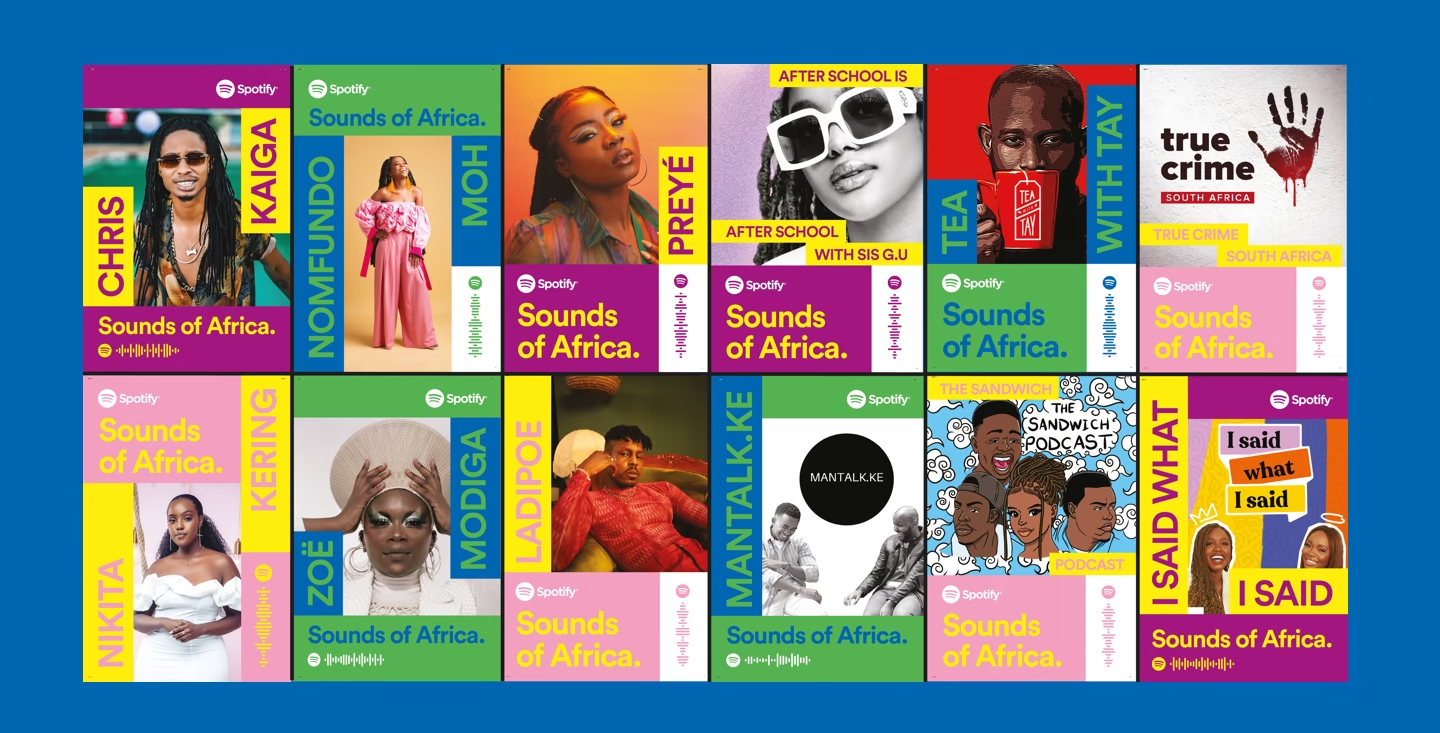Mercury Bank’s decision to close accounts for startups in thirteen African countries sparks a search for new banking solutions amidst regulatory changes. Learn more about the impact and alternatives.
Mercury, a digital bank headquartered in San Francisco, has recently announced its decision to terminate the accounts of startups located in thirteen African countries by August 22, 2024. This strategic move stems from internal adjustments in compliance policies, impacting businesses across a total of 37 countries, with a specific focus on regions identified by the Financial Action Task Force (FATF) as having deficiencies in financial regulations.
The significance of this decision amplifies when considering the void left by the closure of Silicon Valley Bank in March 2023, which had previously been a pivotal banking partner for numerous African startups. With Mercury now restricting account openings to businesses whose founders reside in the United States or whose operational addresses are not in the affected African countries, the landscape for fintech and startup ecosystems across the continent is rapidly evolving.
The decision by Mercury reflects broader regulatory pressures on U.S. commercial banks, compounded by challenges experienced at fintech entities such as Silicon Valley Bank and Synapse. These developments have prompted Mercury’s banking service provider, Choice, to enhance its Know Your Customer (KYC) protocols. These changes are intended to ensure compliance with stringent anti-money laundering and counter-terrorism financing laws, aiming to safeguard financial integrity.
Nigerian startups, in particular, face significant hurdles following Mercury’s withdrawal. Many of these startups heavily rely on U.S.-based financial services to facilitate dollar-denominated transactions and efficiently manage operational capital. The sudden closure of Mercury accounts has raised concerns about the accessibility of essential financial services and the operational feasibility of conducting international business from Nigeria and other affected countries.
In response to the upheaval caused by Mercury’s decision, affected startups are actively exploring alternative banking solutions. Platforms like Brex, Ramp, and Wise, along with emerging fintech players such as Leatherback, Raenest, and Graph, offer tailored financial services that cater to the unique needs of tech-driven enterprises in emerging markets.
Amidst these shifts, industry stakeholders stress the importance of remaining informed about evolving regulatory landscapes and diversifying financial partnerships. Proactive measures are essential for mitigating operational risks and ensuring the sustainability of business operations within volatile financial environments.
For further insights into the implications of Mercury’s decision and to stay updated on the latest developments in technology and finance impacting African startups, visit 365marktech.africa.
Stay ahead with the latest news and trends affecting African startups. Explore more at 365marktech.africa.










